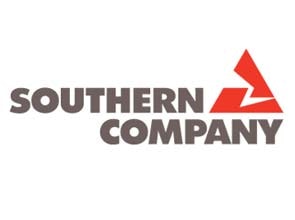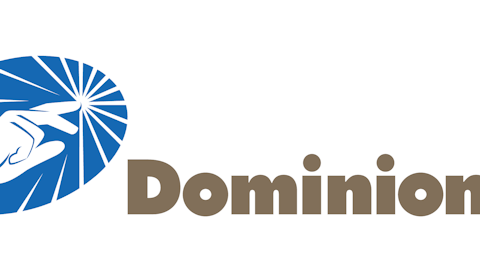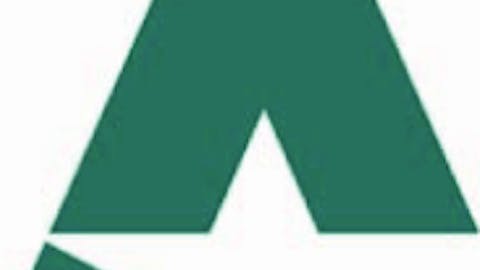The Southern Company (NYSE:SO) was in 13 hedge funds’ portfolio at the end of the fourth quarter of 2012. SO shareholders have witnessed a decrease in hedge fund sentiment of late. There were 18 hedge funds in our database with SO positions at the end of the previous quarter.

Just as beneficial, positive insider trading activity is another way to break down the stock market universe. As the old adage goes: there are a number of reasons for a bullish insider to cut shares of his or her company, but just one, very simple reason why they would behave bullishly. Many academic studies have demonstrated the valuable potential of this strategy if “monkeys” know what to do (learn more here).
With these “truths” under our belt, it’s important to take a glance at the recent action surrounding The Southern Company (NYSE:SO).
What have hedge funds been doing with The Southern Company (NYSE:SO)?
At year’s end, a total of 13 of the hedge funds we track were bullish in this stock, a change of -28% from one quarter earlier. With hedgies’ capital changing hands, there exists a select group of notable hedge fund managers who were increasing their stakes significantly.
According to our comprehensive database, Stanley Druckenmiller’s Duquesne Capital had the most valuable position in The Southern Company (NYSE:SO), worth close to $50 million, comprising 3.9% of its total 13F portfolio. Sitting at the No. 2 spot is David Harding of Winton Capital Management, with a $27 million position; 3.9% of its 13F portfolio is allocated to the company. Some other hedgies with similar optimism include Sean Cullinan’s Point State Capital, Cliff Asness’s AQR Capital Management and Israel Englander’s Millennium Management.
Because The Southern Company (NYSE:SO) has faced bearish sentiment from the aggregate hedge fund industry, we can see that there exists a select few funds who were dropping their entire stakes in Q4. It’s worth mentioning that Phill Gross and Robert Atchinson’s Adage Capital Management said goodbye to the largest investment of the “upper crust” of funds we key on, totaling close to $55 million in stock., and Louis Navellier of Navellier & Associates was right behind this move, as the fund sold off about $44 million worth. These transactions are interesting, as total hedge fund interest was cut by 5 funds in Q4.
How are insiders trading The Southern Company (NYSE:SO)?
Insider buying is particularly usable when the company in focus has experienced transactions within the past half-year. Over the last half-year time frame, The Southern Company (NYSE:SO) has experienced 1 unique insiders buying, and 4 insider sales (see the details of insider trades here).
Let’s also review hedge fund and insider activity in other stocks similar to The Southern Company (NYSE:SO). These stocks are PG&E Corporation (NYSE:PCG), American Electric Power Company, Inc. (NYSE:AEP), Duke Energy Corp (NYSE:DUK), NextEra Energy, Inc. (NYSE:NEE), and Dominion Resources, Inc. (NYSE:D). This group of stocks are the members of the electric utilities industry and their market caps are similar to SO’s market cap.
| Company Name | # of Hedge Funds | # of Insiders Buying | # of Insiders Selling |
| PG&E Corporation (NYSE:PCG) | 14 | 0 | 7 |
| American Electric Power Company, Inc. (NYSE:AEP) | 16 | 2 | 1 |
| Duke Energy Corp (NYSE:DUK) | 20 | 0 | 3 |
| NextEra Energy, Inc. (NYSE:NEE) | 18 | 1 | 7 |
| Dominion Resources, Inc. (NYSE:D) | 11 | 0 | 2 |
With the returns exhibited by Insider Monkey’s strategies, retail investors should always monitor hedge fund and insider trading sentiment, and The Southern Company (NYSE:SO) is an important part of this process.
Click here to learn more about Insider Monkey’s Hedge Fund Newsletter
Insider Monkey’s small-cap strategy returned 37% between September 2012 and March 2013 versus 12.9% for the S&P 500 index. Try it now by clicking the link above.



